This book is of interest not only to those students cum scholars interested in philosophy but to any layman interested in the theory of historical interpretation, in cyclic theories of history, or in values within our own culture. It also gives an interesting account about Hegal’s metaphysical treatises and illustrations drawn from history. His basic principle of thought i.e., that history is not meaningless change, but a rational process the realization of the spirit of freedom is clearly revealed in this book. It also deals about the modern ideals of history which grow up right from the periods of Heradotus to the modern times, consists brief information about historical method and progress, including Hegel’s anticipatory prophecy to our own spiritual-political-social situation. The students of history must have adequate knowledge of philosophy if he wants to understand the problems of his discipline. This book is an introduction to the philosophy of history wherein historians have made their professional business to study it in an abstract form. It is obviously a kind of inquiry into a certain kind of historical thought, often mentioned as speculative and critical. The former seeks to discover in history, the course of events, a pattern of meaning which lies beyond the historian’s perception and the latter strives to dig the nature of historians self inquiry for location purpose. This text book has been written on a critical angles for unraveling the specific problems connected with the name philosophy of history. Modern philosophers of history have much stated their views on the philosophy of science. For instance, Maurice Mandelbaum’s terms like material and formal are also commonly used to distinguish two kinds of ‘Philosophy of history’. As part of metaphysics, the concept and structure of scientific inquiry usually goes to recall the critical aspect of the philosophy of history.
Marine Archaeology: The Global Perspectives (In 2 Volumes)
The book containing fifty ...
$75.60
$84.00

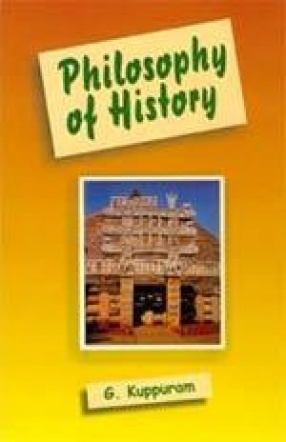
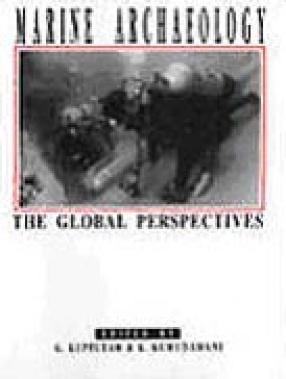
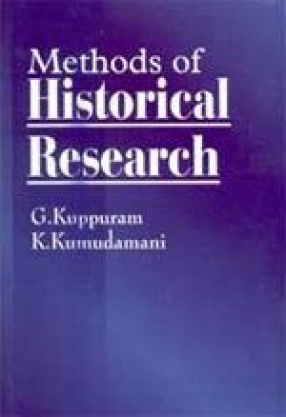

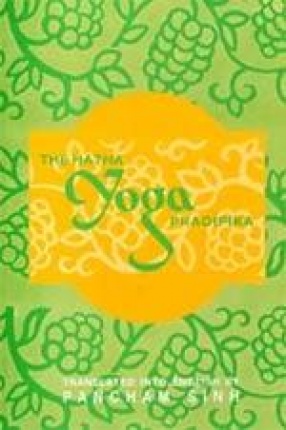
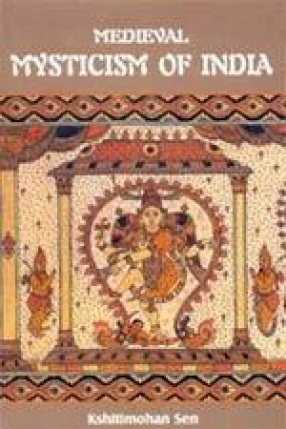
There are no reviews yet.